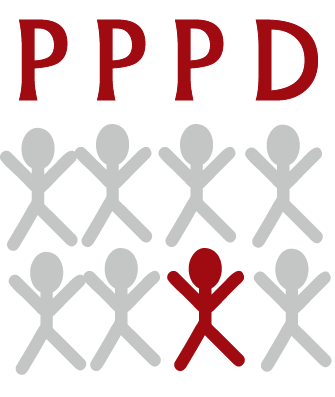Gal Slonim presented his research at the inaugural ICPS conference in Amsterdam

Gal Slonim took part in the International Convention of Psychological Science held in Amsterdam. There he presented his research entitled, “The Impact of Mothers’ Beliefs Regarding the Nature of Intelligence on Their Self Efficacy and Involvement in Their Children’s Learning” with co-authors Dr. Nurit Gur-Yaish and Dr. Ora Aviezer.
People differ in the way they perceive the nature of intelligence. Entity theorists believe that intelligence is a given quality that people are born with, while incremental theorists believe that intelligence is a quality which one can acquire through effort and learning (Dweck, 1999). Past research has found that students who believe that intelligence is malleable are focused on learning and use efficient strategies to cope with failures, while students who perceive intelligence as a fixed trait are focused on achievement and react helplessly when faced with failure (Dweck, 2008).
The purpose of Gal’s study was to examine whether the beliefs mothers hold regarding the nature of intelligence are related to their feelings of being able to help their children academically and to the extent to which they are involved in their children’s school issues. Participants were 126 mothers of children from four elementary schools in Israel. Using Structural Equation Modeling (SEM), Gal has shown that mothers who endorsed incremental theory about intelligence reported higher maternal self-efficacy, and the increased self-efficacy in turn increased their degree of involvement in their children’s school life. The belief in incremental theory of intelligence was stronger among mothers of boys and among more educated mothers.
